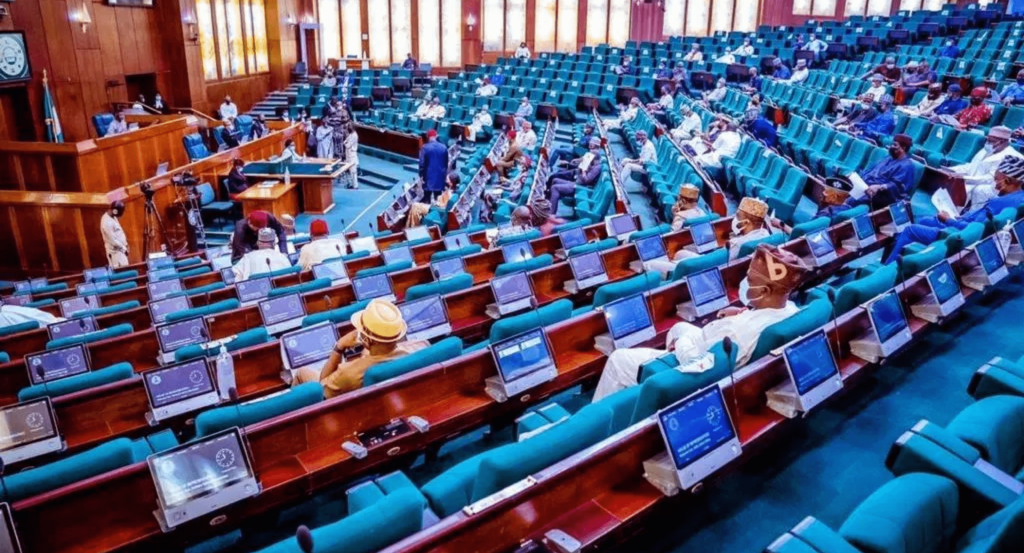The House of Representatives Constitution Review Committee has proposed the creation of 31 additional states across Nigeria. This recommendation was included in a report presented to the National Assembly as part of ongoing efforts to amend the 1999 Constitution.
According to the report, the proposed states include Lagoon, Ijebu, New Kaduna, and 28 others. The move is aimed at addressing demands for greater political representation and administrative efficiency across different regions of the country. Lawmakers argue that the creation of new states will promote balanced development and ensure that marginalized communities receive adequate government attention.
The proposal follows extensive deliberations and public hearings on constitutional amendments. Over the years, several groups have pushed for state creation, citing economic, cultural, and administrative benefits. The committee’s recommendation signals progress in addressing these longstanding agitations, but the proposal will still require approval through legislative processes and a national referendum before it can take effect.
The full list of proposed states includes:
- Aba
- Adada
- Anioma
- Apa
- Edu
- Etiti
- Ghari
- Gurara
- Ijebu
- Ijebu-Remo
- Kanji
- Katagum
- New Oyo
- New Delta
- New Kaduna
- Ogoja
- Oil Rivers
- Okun
- Ose
- Savanah
- South East Yobe
- Southern Borno
- Tiga
- Toru-Ebe
- Warri
- Confluence
- Mambilla
- Amana
- Bayajida
- Hadejia
- Lagoon
The proposal has generated mixed reactions from political stakeholders and the public. While some groups have welcomed it as a step towards decentralization and improved governance, others argue that creating new states could place additional financial strain on the country. Experts warn that increased administrative costs and resource allocation challenges could arise if more states are established.
For the proposed states to be officially recognized, the National Assembly must pass the recommendation into law, after which it will require approval from at least two-thirds of state legislatures. A referendum involving affected communities may also be necessary before implementation.
As the debate continues, Nigerians are closely watching how the legislative process unfolds. The proposal represents a significant potential shift in the country’s political and administrative landscape, but its feasibility remains uncertain.



















